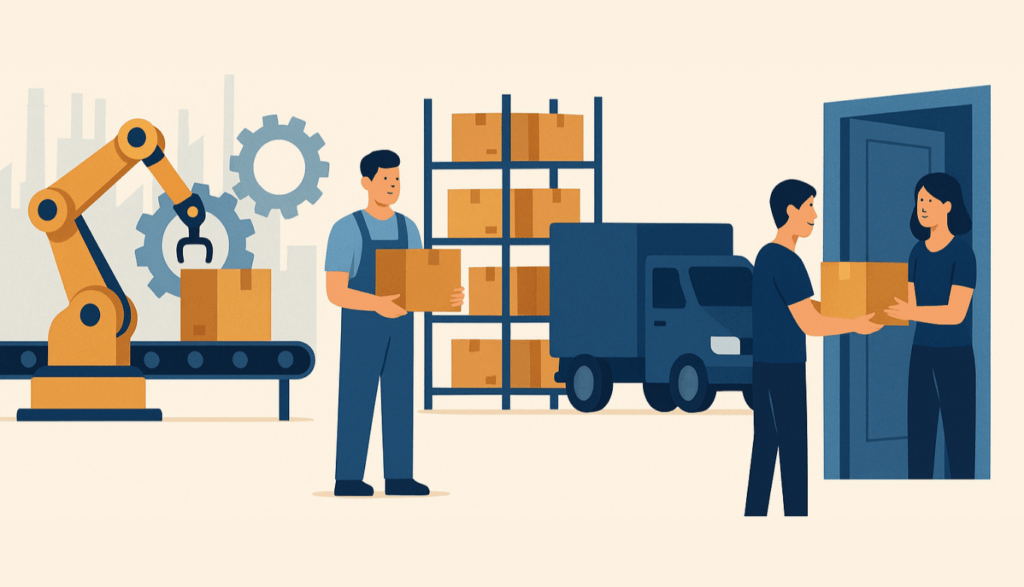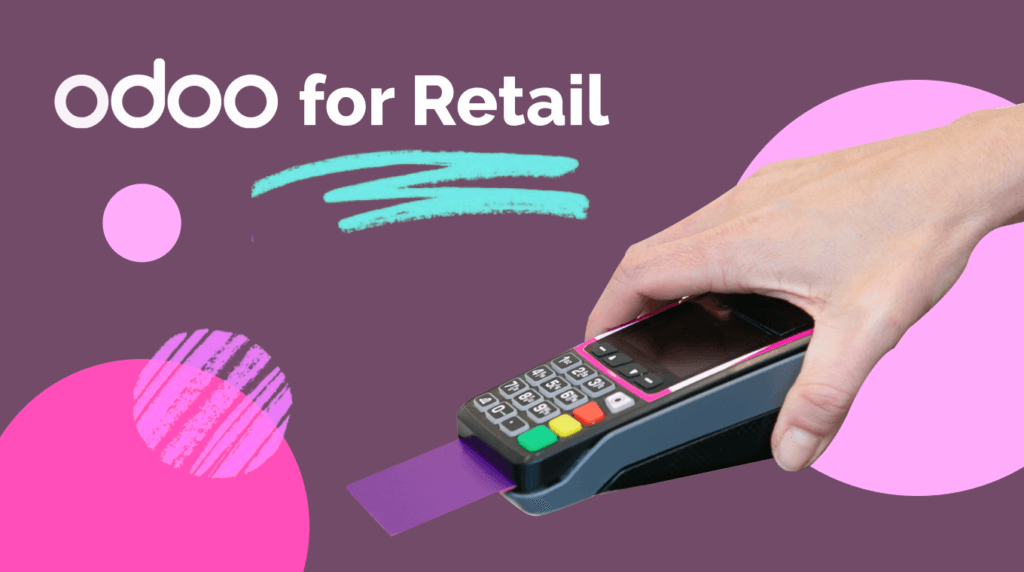The synergy of E-commerce and tech development has created popular E-commerce platforms like Shopify, Magento, PrestaShop, and WooCommerce, which provide digital storefronts and store-management tools. Yet, the platforms alone are not enough to establish a holistic business approach, as other critical components like warehouse and inventory management, order processing, customer data management, etc., are left aside, creating demand for other digital solutions and relevant connectors.
Although there is no lack of digital apps, they all create a high digital, financial, and skill load for a company to keep the system up and running. Instead, there is a better approach – a combination of E-commerce platforms with all-encompassing modular solutions like Odoo, allowing businesses to manage their end-to-end performance through one solution. Let’s learn how it works.
What Is an E-commerce Platform?
E-commerce platforms are designed as content management systems and are used for managing products, purchases, and customer relationships.
Shopify and Magento are the most common choices for creating an E-store. Both platforms manage the needs of small and large businesses, offering different levels of customization: Shopify expands the level of customization with subscription plans, while Magento, being an open-source platform, allows the creation of a fully customized E-store right from scratch.
However, an E-commerce platform is rarely enough to ensure the comprehensive performance of an E-store. Aiming to manage multiple aspects of E-commerce, such as product information, payments, analytics, shipping and order fulfillment, inventory, and more, it’s essential to complement the platform with additional software solutions.
What Is Odoo?
Odoo is ERP software with a modular structure; each module is dedicated to a particular aspect of business functioning, such as accounting, manufacturing, warehouse, project management, and inventory management. Since all the modules are Odoo-native, they can be seamlessly integrated, providing businesses with a holistic view of performance from a single platform.
Now, let’s combine both solutions:
Magento and Shopify provide a solid tech foundation for E-commerce functioning. Odoo ‘takes care’ of all other aspects of business and management. As a result, instead of dealing with the ‘digital noise’ of third-party applications, businesses can implement a unified business infrastructure, enabling streamlined performance across all functions, resulting in enhanced productivity and profitability.
What Is the Odoo Connector?
E-commerce platforms and Odoo are powerful solutions; however, their ‘cooperation’ requires a specialized tool – the Odoo connector.
The connector facilitates data exchange. It enables the synchronization of data about products, customers, orders, and inventory levels, ensuring the consistency of the E-store’s performance.
What Are the Benefits of the E-commerce+Odoo Merge?
Data hub
Data is a key component of a business’s development strategy, providing quantifiable insights into performance.
Integrating an E-commerce platform with Odoo establishes a centralized data management system, transforming data silos into a unified data-sharing hub. With 24/7 access, businesses gain uninterrupted control over performance.
Automation
Most management errors stem from manual data entry, particularly when there’s no unified system for data exchange. Odoo integration for Shopify or Magento automates tasks like inventory updates, order fulfillment, and shipping, reducing human error while boosting productivity and performance speed.
Multi-channel commerce
E-commerce often features multiple platforms for selling goods and services, letting customers choose the most comfortable form of order. Yet it turns into a challenge for managers, who need to track inventory for scattered E-commerce sales channels
When Odoo reinforces Shopify or Magento ecommerce, the businesses get a unified view of inventory levels, regardless of the locations and types.
Real-time insights
The modern market is nothing but a constant change and businesses need to respond to it respectively.
The Odoo E-commerce integration platform supports data-driven decision-making in real time.
Flexibility
Odoo’s flexibility allows it to integrate with various platforms and solutions, adapting to changing business demands. If businesses move from one E-commerce platform to another, Odoo will back up the data, thus ensuring uninterrupted business performance and consistency of the data.
These features form the foundation for additional benefits such as scalability, synchronized company-wide performance, consistent customer experiences, streamlined order processing, higher KPIs, and more.
Concluding Lines
E-commerce solutions like Shopify and Magento are powerful platforms for creating digital storefronts and attracting customers to the sales funnel.
Odoo is a comprehensive suite of modules designed to streamline and coordinate daily business operations.
By consolidating E-commerce platforms with Odoo through Magento and Shopify integrations, businesses can establish a unified structure that offers visibility and transparency, paving the way for growth and success.
Ready to connect your E-commerce platform with logistics and accounting through Odoo?
Feel free to ask your questions in the comments section below, share this article across your network, and subscribe to our newsletter.
Recommended articles:
- Is there a future for Odoo, NetSuite, or SAP?
- Odoo hardware requirements
- Office 365 and Odoo.sh and Odoo Online. How to configure emails
- Do not migrate to Odoo 17 until you read this
- Odoo 17 Community vs Enterprise
----------------------------------------------------------------------
Education: Bachelor's degree.
----------------------------------------------------------------------
Experience:
Marketing manager
VentorTech
----------------------------------------------------------------------
Current position: Marketing manager VentorTech
----------------------------------------------------------------------
B2B Marketing
Google Tag Manager and GA
Motion Graphics Production






0 Comments